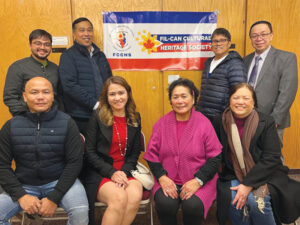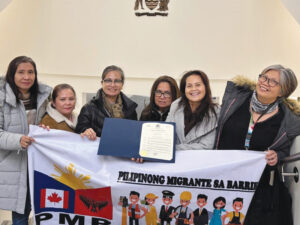New report: BC independent schools excel in meeting government education goals despite lower funding
British Columbia’s independent schools are far ahead of public schools in meeting a key provincial educational requirement: getting high school students ready for “real life.” The provincial government recently implemented changes to high school curriculum in order to help graduates better prepare for real life decision-making as young adults. But the latest Cardus Education Survey(CES) indicates BC independent schools – both religious and non-religious – were achieving the same ends years ago.
“Looking back on their high school years, graduates of BC independent schools were more likely than their public school counterparts to say their school prepared them for relationships, university or college, work, and religious life,” says Dr. Beth Green, who directs education research at think tank Cardus. “That’s remarkable when you consider that most of these schools are not elite institutions and all of them get, at best, just half the per-student government funding of public schools – with zero funding for capital costs.”
The 2018 CES for BC surveyed adults aged 24 to 39 who graduated from public, Catholic independent, evangelical Protestant independent, or non-religious independent schools in BC. It also found:
• Non-religious independent and Catholic independent school graduates reported average annual incomes up to $16,000 higher than public or evangelical Protestant school grads.
• Evangelical Protestant school graduates are just as likely as public school grads to have a friend who is gay or lesbian, is a recent immigrant, is of a different race, is a co-worker, has a university degree, makes more than $100,000 annually, or makes less than $25,000 annually.
• Non-religious independent schools produce graduates who are 2.2 times more likely than public school grads to volunteer in the community. (Evangelical Protestant school grads are also 2.2 times more likely to volunteer, thanks to family and church influence.)
• Non-religious independent school and independent Catholic school graduates are more likely than public school grads to attend university or a graduate program.
“Our social science research indicates that B.C.’s independent school graduates cultivate diverse social ties, are active and engaged members of their communities, are committed to the well-being of their neighbours, and are ready to give of both time and resources,” said Dr. Green.
Today, more than one in 10 BC students attends an independent school – up from just four percent in 1977 – and enrollment continues to grow.
“The independent school sector is too large to ignore and comprises a significant, productive, and positive part of the province’s education system,” said Dr. Green. “That’s important for educators, unions, policy-makers, and all British Columbians to recognise.”
The CES is the only study in Canada that uses repeated measures to report on the outcomes of religious, non-government schooling and compare it to public school outcomes. The 2018 report is the first to include provincial-level results, as opposed to national results. The 2018 CES British Columbia Bulletin, including details on methodology, is available online.








